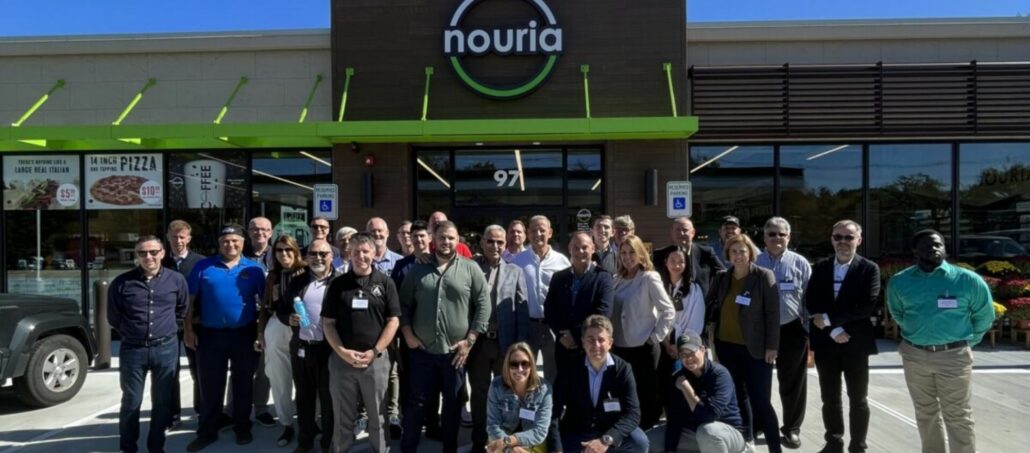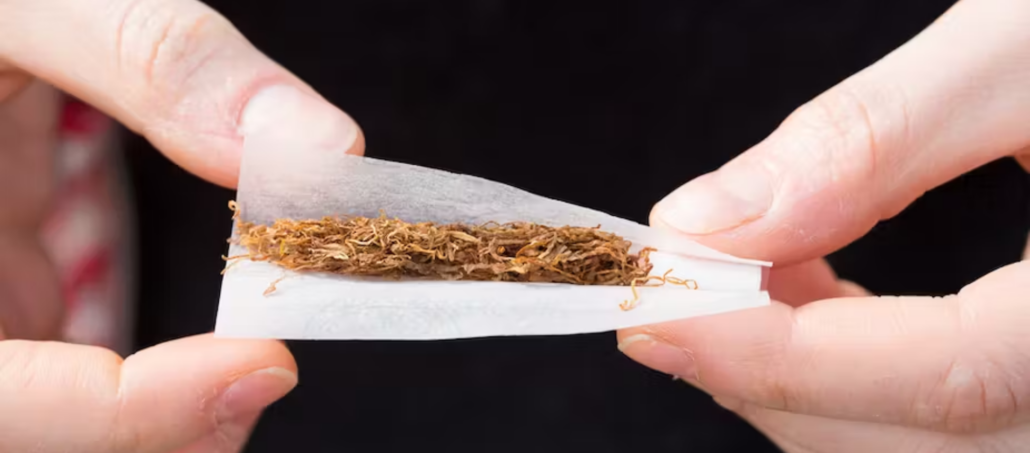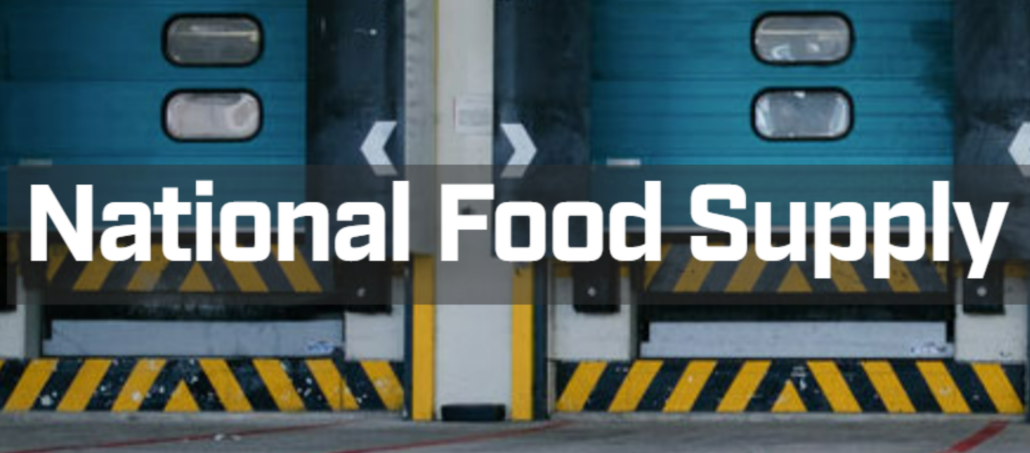Posts by theo.foukkare@bigpond.com
2023: THE CONVENIENCE AND FORECOURT YEAR IN REVIEW
GCSF puts spotlight on the convenience retail innovators 2023 has been a standout year for innovation in convenience retail with a raft of new formats introduced to the market and a heightened focus on premium, freshly prepared foods plus local specialities. These developments have all taken place against a challenging economic backdrop. Retailers have had to contend with a cost of living crisis brought about by high inflation and rising energy prices, as well as ongoing supply chain issues, the need to invest in new tech and address environmental issues and reduce emissions. Nonetheless, retailers have proved resilient and forged ahead with new developments and are planning more of the same for 2024. GCSF kicked off the year talking to High’s, the 60-strong convenience store chain servicing the Mid-Atlantic region in the US and learning about its four pronged strategy, which included driving growth and profitability in food and beverage and…
Read MoreWHY FOSSIL FUEL CARS MAY DOMINATE FOR ANOTHER DECADE
By the end of the decade, the sale of new petrol cars will be banned in at least seven countries from Singapore to Sweden and Israel to Iceland. But that same year, fossil fuel vehicles will make up almost most of the new passenger cars sold in Australia, according to new figures. By 2035, when the fossil fuel car ban expands to another 13 nations, including the UK, Japan and Canada, petrol and diesel vehicles will still represent almost half of all new cars sold in Australia. The forecasts have been revealed in a federal government report on Australia’s future emissions and, according to experts, show the nation is on a dangerous trajectory that will see it miss its climate targets without changes in the transport sector. Adoption of electric cars, they say, should be at least double the current projections and urgent changes are needed to help Australia and…
Read MoreREGULATIONS TO BAN ADDITIONAL PLASTIC PRODUCTS IN SA
South Australia is committed to phasing out additional single-use and other plastic products over a 3-year period. The first stage of these bans commenced on 1 September 2023, and included plastic pizza savers, plastic-stemmed cotton buds, single-use plastic bowls without lids for food and beverages, and single-use plastic plates for food. The second stage of these bans, to commence on 1 September 2024, will include: And the third stage of these bans, to commence on 1 September 2025, include: To put the remaining bans in place, a variation to the regulations under section 6(1)(h) of the Single-use and Other Plastic Products (Waste Avoidance) Act 2020 is required. We invite you to provide feedback on the draft regulations, with the view to identify any specific issues not addressed, and any potential unintended consequences. You are also requested to provide feedback on whether businesses will be able to meet the requirements for AS certified…
Read MoreFRANCHISORS WARNED TO REMOVE UNFAIR CONTRACT TERMS OR RISK LEGAL ACTION
The ACCC is warning franchisors to urgently review and amend their standard form franchise agreements or be prepared for potential enforcement action after a review of franchising contracts found wide-ranging concerns. A report, published today, outlines the ACCC’s findings and concerns after it recently completed targeted franchising compliance checks. The report provides guidance for franchisors about complying with the unfair contract terms laws after the Australian Consumer Law (ACL) was amended to introduce penalties from November 2023. The test for whether a contract term is unfair has not changed. “We are concerned that franchisors are failing to grasp the importance of complying with the unfair contract terms provisions of the ACL. Every franchising agreement we reviewed contained potentially unfair contract terms,” ACCC Deputy Chair Mick Keogh said. “Franchisors are on notice that we will be watching, and those who fail to address the wide-ranging concerns we outline in our report are…
Read MoreAACS WELCOMES ILLICIT COMMISSIONER IN ALBANESE GOVERNMENT’S TOBACCO BILL BUT LAMENTS MISSED OPPORTUNITY TO TACKLE AUSTRALIA’S VAPING CRISIS
The Australian Association of Convenience Stores (AACS) has welcomed the passageof the Albanese Government’s Public Health (Tobacco and Other Products) Bill 2023,but said it was a wasted opportunity to deliver a practical solution to the vaping crisisin Australian schools. AACS chief executive Theo Foukkare said the creation of an Illicit TobaccoCommissioner was a major step forward and would support the thousands ofresponsible retailers that had been unfairly losing out to black market operators thathad muscled in on the legal tobacco market after the government priced consumersout of the legal market. “The late amendments to this Bill proposed by the Coalition are most welcome,” Mr Foukkare said. “We look forward to the establishment of the Commissioner’s office and supporting this new resource to ensure it maximises its chance of success. “While it is extremely positive that there will be more enforcement of the current rules, our law abiding retailers have seen…
Read MoreFOOD SUPPLY CHAIN ALLIANCE WELCOMES FOOD REPORT AND THE ACKNOWLEDGEMENT THAT AUSTRALIAIS HIGHLY VULNERABLE TO BOTH DOMESTIC AND GLOBAL THREATS WHICH MUST BE PLANNED FOR.
The National Food Supply Chain Alliance, made up of nine influential national food industryassociations representing 160,000 food businesses, has welcomed yesterdays ‘Australian Food Story– Feeding the Nation and Beyond’ report by the House of Representatives Standing Committee onAgriculture. It welcomes the emphasis on ‘supply chain resilience’ adding that it believes a riskmitigation strategy is critical to creating resilience and ultimately protecting the national economyand future prosperity. It welcomes the recommendation that the Australian Government coordinate with industry in thedevelopment of a National Food Supply Chain Map but says the map must include: a framework foridentifying supply chain risks (global and domestic), assessing their potential impact and thendeveloping a plan to reduce the impact of the threat. The Alliance says it’s a question of getting ahead of the risk and anticipating security needs and addressing them before they become problems. The Alliance, which represents every component of the nation’s food supply…
Read More





